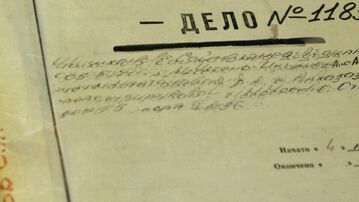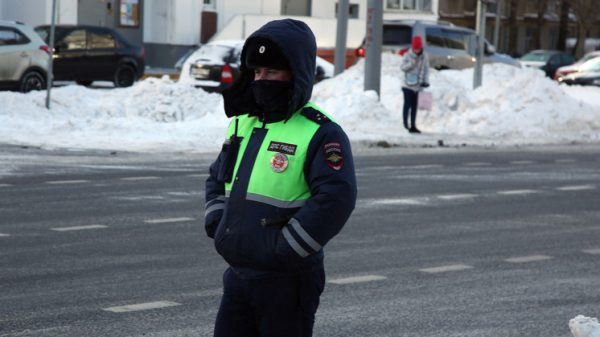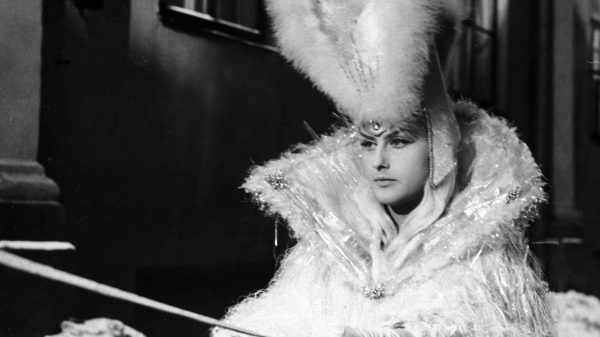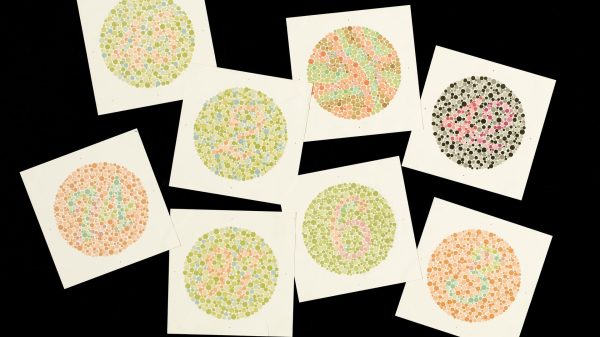
br>
On this day in 1998, the XVIII Winter Olympic Games, which were hosted by the Japanese city, came to an end Nagano. 26 years after the competition in Sapporo, the Land of the Rising Sun is once again in the spotlight of the sports world.
Sports recalls the enormous scandal that erupted at those Games around 26-year-old Canadian snowboarder Ross Rebagliati, who, despite failing a doping test, managed to retain the top award.
Rebagliati became famous as an athlete who became the first Olympic champion in giant slalom — the fact is that the 1998 Games were the first to host snowboarding competitions. The Canadian left the Italian Thomas Prugger out of work, who was only two hundredths behind the triumphant… A historical event!
The words of the athlete after the main success in his career were touching: Rebagliati dedicated the victory to a fellow athlete who, a month before the start of the Olympics, died after an avalanche in the Kooteni National Park (Canada).

However, three days after the “golden” race, the newly crowned Olympic champion experienced a real nightmare.
The International Olympic Committee (IOC) stripped the Vancouver native of his gold medal: tetrahydrocannabinol metabolites (17.8 nanograms per milliliter with a permissible threshold of 15 ng/ml) were found in his urine sample after the victory. Rebagliati tried to convey to the IOC that he had not smoked marijuana since April 1997, and explained the test failure by the fact that he inhaled marijuana smoke at a farewell party before leaving for the Olympics. But sports officials still disqualified the “drug addict.”
“
“I trained for 11 years to become the best snowboarder in the world,” said Rebagliati. “I worked too hard to let this slip away out of my hands. When I won the medal, it was the best moment of my life. When I found out I tested positive, it was the worst moment… A real rollercoaster ride.» (Washington Post)
Fortunately for the athlete, the Canadian Olympic Association (COA) promptly filed a complaint against the IOC's decision, and just two days later the Court of Arbitration for Sport (CAS) ruled that Rebagliati could keep the medal. So the decision of the International Olympic Committee was canceled, and the gold remained in the standings of the Canadian team.
How did it happen that Rebagliati’s explanations were believed? But it wasn’t about them at all. It’s just that at that time marijuana was not recognized as improving performance and had not yet been included in the register of prohibited substances for athletes (the above-mentioned threshold was introduced by the International Ski Federation). This means that there was simply no reason to deprive the snowboarder of the “unfortunate” award. And the precedent that arose out of the blue dealt a serious reputational blow to the Olympic movement — it would have been easier to forgive the notorious Canadian and then seriously take up the reform of anti-doping rules.
«
“I couldn’t look at the medal for three days, because I wasn’t sure that it would be mine… But I wanted it to stay with me,” the champion did not hide his joy.






















































Свежие комментарии